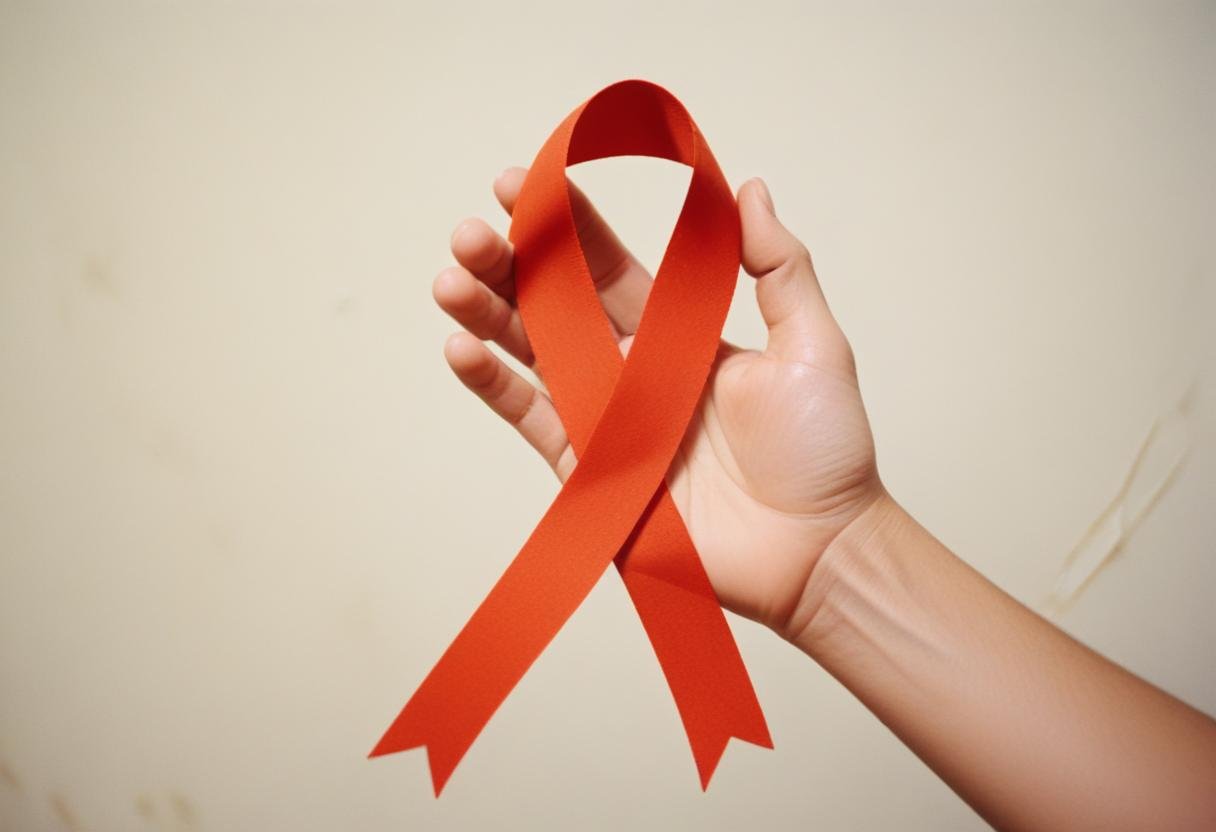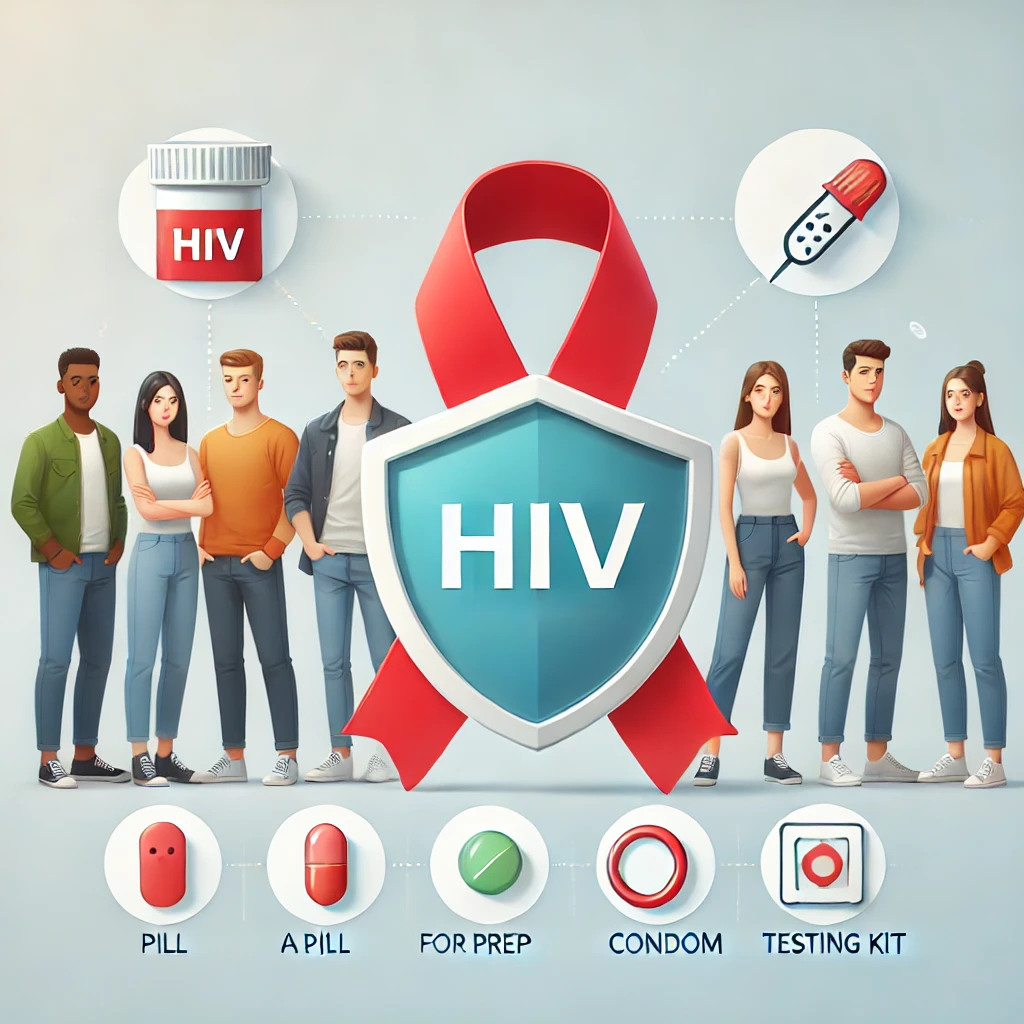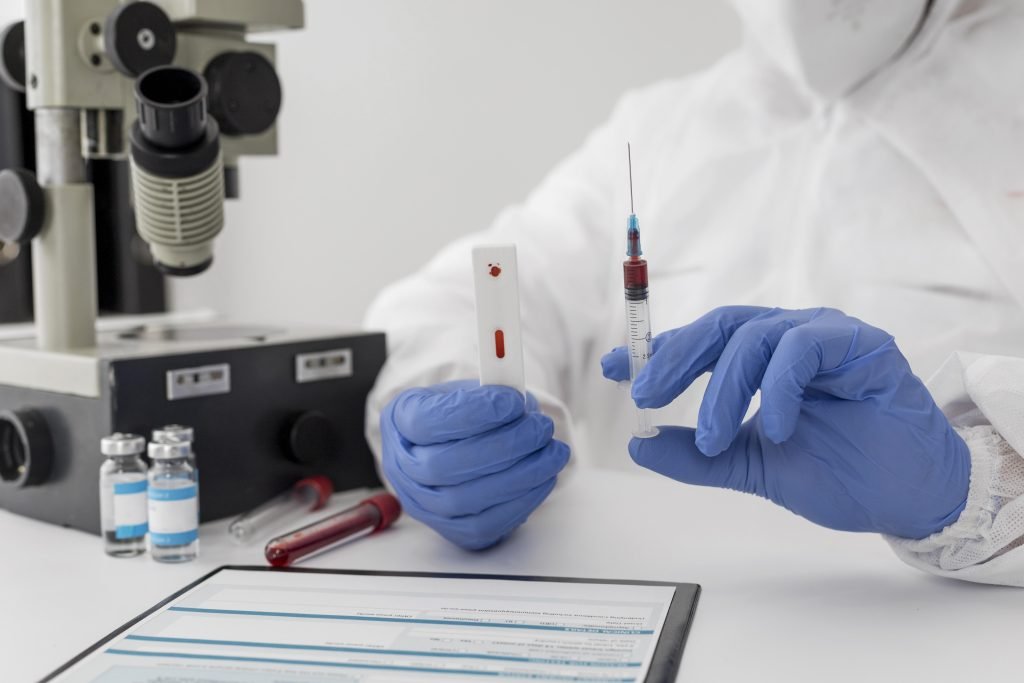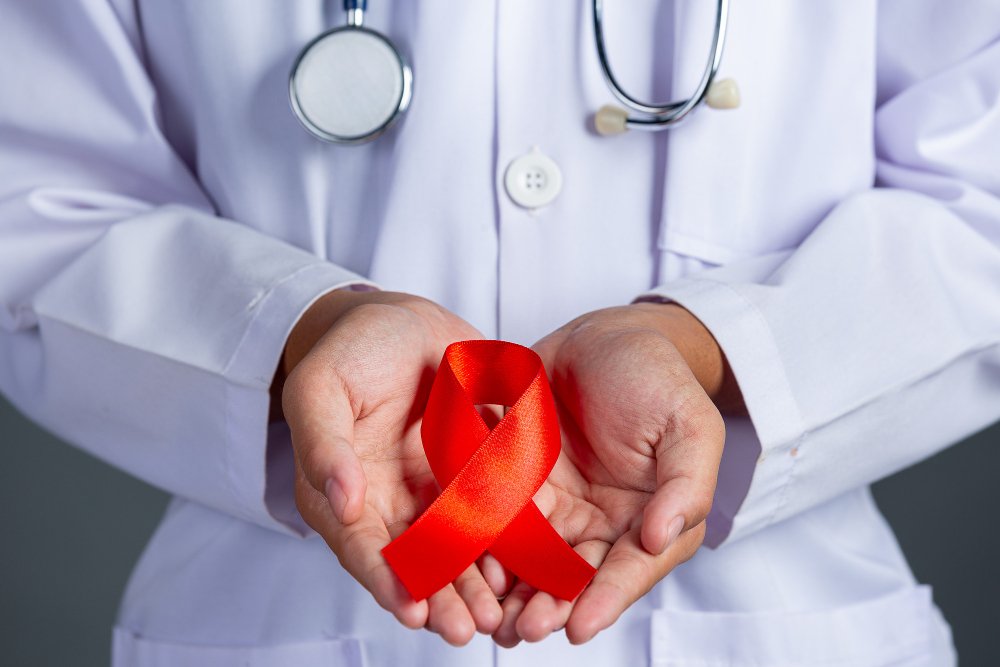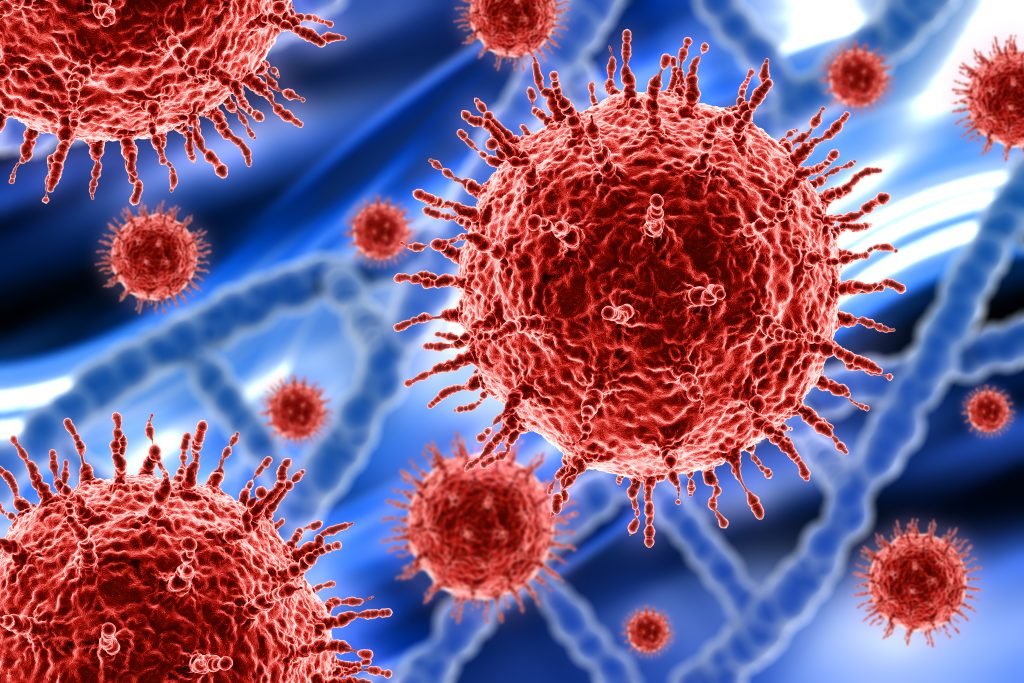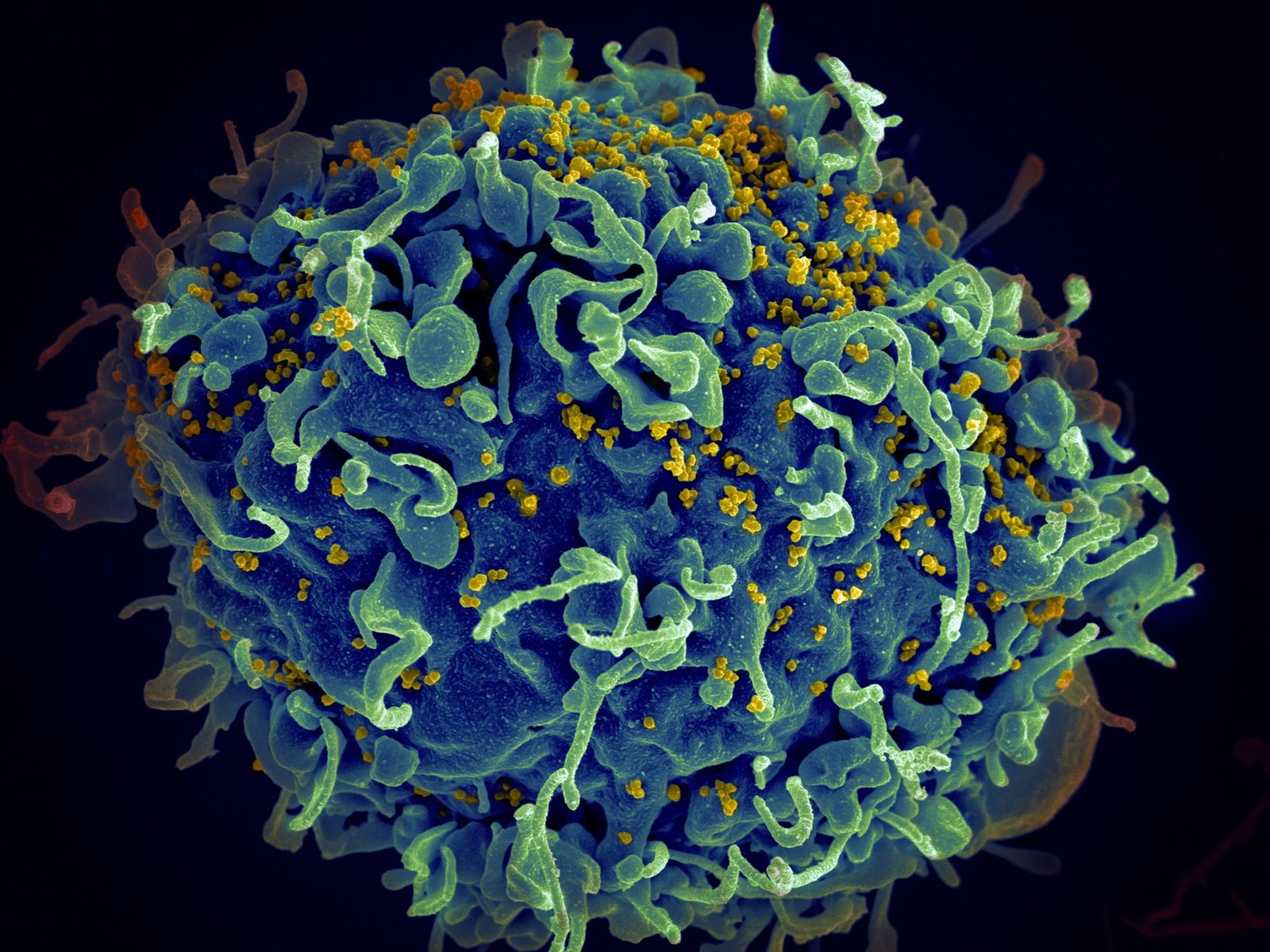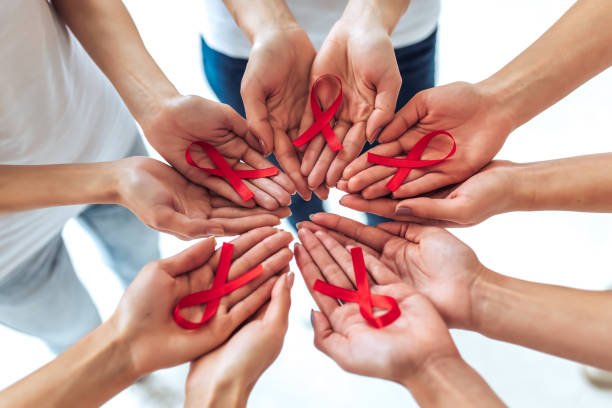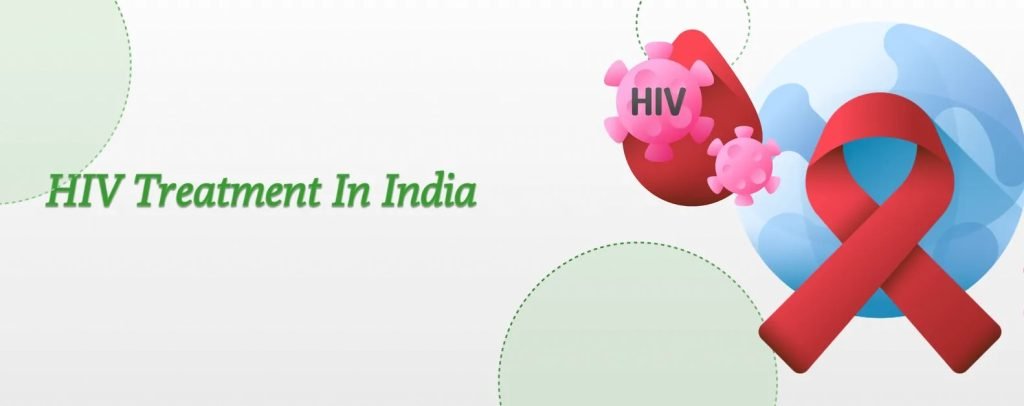Introduction: In 2024, the battle against HIV/AIDS has seen significant advancements, offering renewed hope for a potential cure. Researchers and scientists around the globe are making strides in developing innovative treatments that could change the lives of millions. This blog post explores the latest trending HIV cure treatments, highlighting their groundbreaking potential and the promise they hold for the future.
1. Gene Therapy: Gene therapy has emerged as one of the most promising avenues in the quest for an HIV cure. By using cutting-edge techniques like CRISPR-Cas9, scientists can edit the genes of infected individuals, potentially making their cells resistant to HIV.
2. Immunotherapy: Immunotherapy, which involves boosting the body’s natural immune response to fight HIV, has shown remarkable results. Researchers are developing therapies that enhance the immune system’s ability to identify and destroy HIV-infected cells.
3. Monoclonal Antibodies: Monoclonal antibodies are engineered proteins that can specifically target and neutralize HIV. Recent studies have demonstrated their potential in reducing viral loads and preventing the spread of the virus within the body.
4. Long-Acting Injectables: Long-acting injectable treatments are gaining traction as a convenient and effective option for managing HIV. These treatments provide sustained release of medication, reducing the need for daily pills and improving adherence.
5. Prakasine: Prakasine, a novel treatment developed by Dr. Prakash and his team, represents a significant breakthrough in the fight against HIV/AIDS. By employing a multifaceted approach that combines targeted therapy, immunomodulation, and gene therapy, Prakasine aims to eradicate the virus and achieve long-term remission.
Conclusion: The year 2024 marks a pivotal moment in the fight against HIV/AIDS. With groundbreaking treatments like gene therapy, immunotherapy, monoclonal antibodies, long-acting injectables, and Prakasine, the hope for an HIV cure is closer than ever. These advancements not only offer promising prospects for individuals living with HIV but also inspire a global commitment to ending the epidemic once and for all.

